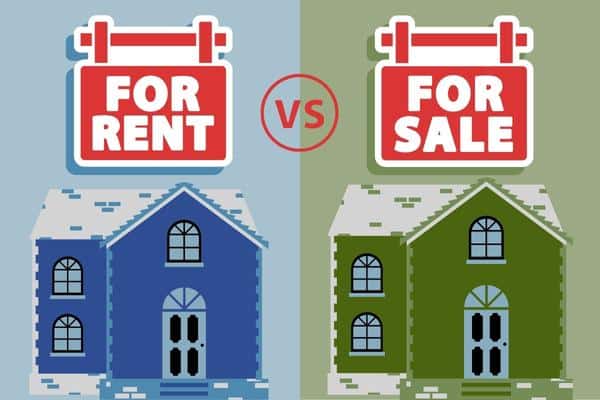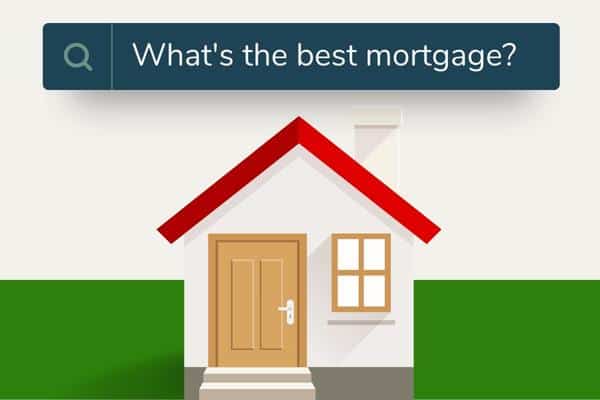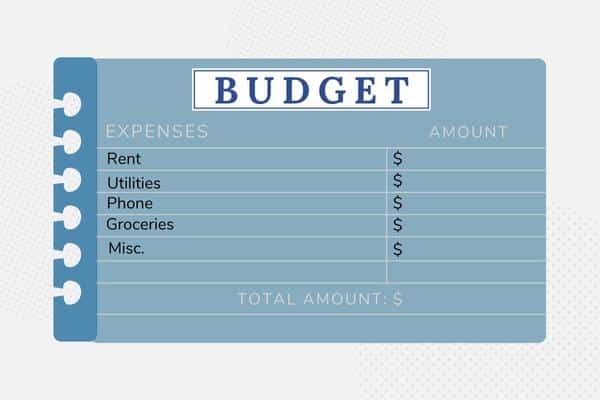Buying a home is one of life’s largest investment decisions. For most individuals, their home is their greatest asset. For many first-time home buyers, the leap from renting to buying requires serious analysis. While there are benefits to home ownership, there are also greater financial risks that should always factor into your decision-making. We explore the pros and cons, and evaluation points of buying a new home.
The Concept of Paying Yourself Versus Paying Rent
When individuals contemplate buying a home, they commonly question if they are better off making rent payments or mortgage payments to invest in the value of a home. Traditional mortgage payments include an element of principal (or incremental ownership in your home). However, it is important to understand that principal payments represent a small fraction of your payment at the beginning of your mortgage and grow larger over time. This means that the equity you gain from mortgage payments is modest in the initial years.
Given the above, the financial decision to buy a home heavily depends upon:
- Costs incurred as part of home ownership.
- How real estate values perform (increase or decrease).
- Transaction fees.
- How long you plan to own the home.
The Costs of Renting Versus Owning
The ongoing costs of either renting or buying need to be carefully weighed. Generally, there are three primary considerations:
- Cost of Renting: As a renter, remember to include the following expenses when determining your monthly outlay:
- Rent payment
- Utilities
- Renter’s insurance
- Parking
- Cost of Owning: Home ownership brings with it a range of monthly expenses including:
- Mortgage payment
- Property taxes
- Homeowners insurance
- Utilities including electric, gas, water, trash, internet, etc.
- Condo, co-op, or homeowner association fees
- Maintenance and upkeep such as regular service appointments, unexpected major repairs, landscaping, pest control, etc. Having emergency cash reserves is essential to cover unanticipated costs.
- Opportunity Costs: When it comes to housing, opportunity costs (the missed financial benefit of a decision) can work in two different ways. If home prices are escalating, you might forego some of the price appreciation by renting. Conversely, if housing prices fall after buying a home, you could miss a cheaper buying opportunity by buying too early. This cost consideration is the most difficult to quantify or predict.
Making a Down Payment
Down payments to buy a home are significant, typically 20% of the purchase value, or perhaps smaller depending upon financing options available to you. If you are contemplating buying a home, there are a few general rules of thumb:
- Keep your down payment money in risk-free assets such as a savings account, CDs or short-term Treasuries. These savings shouldn’t be invested or subject to risk.
- Ensure you have enough in cash to cover a down payment while still having an emergency fund left over. An emergency fund is essential for everyone (regardless of homeownership), but increasingly important to cover unexpected homeowner expenses.
Growth Requirements to Breakeven on a Home Purchase
If you are thinking of buying a home, it is worth understanding how much a home needs to appreciate to simply cover your costs of buying and selling. There are significant transaction costs involved in buying and selling homes. In fact, a property typically needs to appreciate by approximately 10% just to breakeven on your investment (not lose money). Buyer’s costs are the smallest, typically averaging 2%. Seller’s costs are often much higher, close to 8% as the seller typically pays all of the real estate agent commission fees. When both fees are combined, they total about 10%. As an example, if you buy a $1 million home, the value needs to increase to $1.1 million just to breakeven upon selling the home.
How Long Do You Plan to Own the Property?
It is always wise to envisage how long you plan to own the property given the significance of the investment, and the costs of buying and maintaining a home. Estimating how long you might own a home requires thought about your life now and in the future, considering things like:
- Location
- Amenities
- Anticipated upgrades and improvements
- Ongoing maintenance and costs
- Size for additional housing needs such as a home office or space for children
As a rule of thumb, we only recommend buying a home if you believe you will be comfortable owning it for at least five years. This should hopefully provide adequate time for appreciation to exceed future selling costs. This timeframe also offers opportunity for home prices to recover in the event that housing prices declined since your initial purchase.
What Type of Mortgage Should You Choose?
We often recommend financing with a 30-year fixed mortgage. This allows you to lock in a rate as opposed to an adjustable rate mortgage (ARM) where rates will eventually be subject to changes. Choosing a 30-year rather than a 15-year mortgage gives you more financial flexibility by having lower required payments, but with the ability to make prepayments if you wish to pay off the loan faster.
The above said, there are caveats:
- When an ARM Might Be Better
Most ARMs offer a period during which the rate is guaranteed, such as 7 years. The rate is then subject to change after that guaranteed period. If you feel confident that you will sell the home within (or close to) the guaranteed period, then an ARM might make sense if the rate is meaningfully lower. Before selecting an ARM, always ask how much the rate can vary once the guaranteed period expires.
- When a 15-Year Mortgage Might Be Better
If you can purchase a new home with a 15-year mortgage and keep your monthly payments comparable to your current payments, this could be an attractive option. A 15-year term might also give you the potential to be debt-free, possibly making you feel more at ease as you enter or enjoy retirement.
Whatever type of loan you pick, ask about the options to pay points to reduce your mortgage interest rate. Paying points requires an extra cash outlay upon purchase. Such a payment might be financially beneficial if you plan to own the home for an extended time.
SageVest Wealth Management recognizes the importance of making wise financial decisions, particularly when it comes to significant decisions such as buying a home. We strive to ensure that your decision aligns with your financial and life objectives. Please contact us if we can help with the totality of your finances, always including important life financial decisions.




